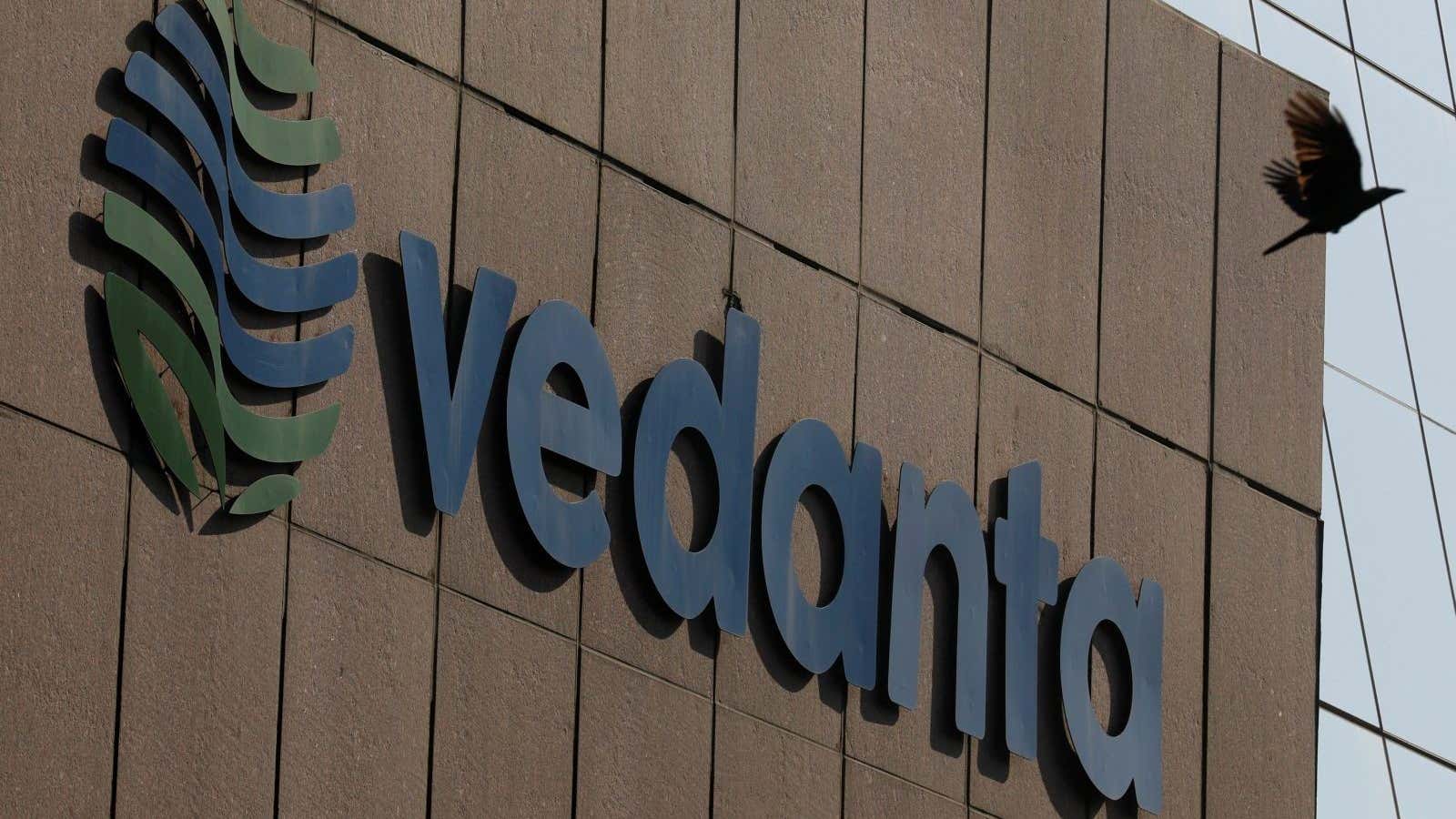It is the end of the road for one of India’s largest copper smelters.
A week after protests against the facility in Tamil Nadu’s Thoothukudi turned bloody, the state government, on May 28, ordered the plant to be permanently shut. The smelter was run by Sterlite Copper, a subsidiary of UK-based Vedanta Resources.
While the closure is a victory for the locals—13 protestors died in police firing in May—who have been demanding it for nearly two decades now, it deals a blow to Vedanta, which holds a 36% market share in India’s copper industry.
The closure may shave between $200 million and $250 million from the pre-tax earnings of the company, Vishal Kulkarni, an analyst at S&P Global Ratings, told Bloomberg.
The London Stock Exchange-listed firm operates multiple metals and mining-related plants in India. It is India’s largest zinc miner, with assets in Rajasthan, operates iron ore mines in Goa and Karnataka, owns aluminium plants in Odisha and Chhattisgarh, has a play in oil fields following its merger with Cairn Oil & Gas in 2017, and also owns captive power plants at locations near its mines and smelters.
Vedanta began as a small metal scrap business by the now-billionaire Anil Agarwal in 1976, eventually growing into a metals and mining giant with operations across India, Zambia, Namibia, South Africa, Sri Lanka, Australia, Ireland, and Liberia. Agarwal intends to develop the company into the world’s second- or third-largest resources company by investing around $8 billion over the next two-and-a-half years. Agarwal also owns stakes in big global mining companies, including Anglo American.
Amid this growth, Vedanta’s units in India have faced some rough times, including in Odisha’s Niyamgiri hills where locals protested—and won—against its plans to mine bauxite on tribal land.
More recently, in February this year, India’s supreme court canceled mining permits in Goa where Vedanta is the biggest iron ore miner. The cancellation followed its mining license, along with those of other mining firms, being challenged by an environmental group. The company could take a hit of at least $600 million as a result. Then, earlier in May, the National Company Law Appellate Tribunal stayed the Vedanta’s plans to acquire Electrosteel Steels, slamming the brakes on its plans for a bigger presence in the steel sector.
Most recently, on May 25, Vedanta faced flak from the UK’s opposition Labour Party, which called for the delisting of the company from the LSE following the Thoothukudi violence. This is what John McDonnell MP, Labour’s shadow chancellor had to say:
This is a major multinational company that for years has operated illegal mining concerns, trashing the environment and forcibly evicting local people… After the massacre of the protesters this week, regulators must now take action. Vedanta must be immediately delisted from the London Stock Exchange to remove its cloak of respectability, restore confidence in the governance of the stock exchange, and prevent further reputational damage to London’s financial markets from this rogue corporation.
Despite the troubles, Vedanta has no intentions to quit and, instead, is looking for a legal solution, P Ramnath, CEO of Sterlite Copper, told The Hindu newspaper.
Agarwal, himself, appears unshaken. The company is ready to undergo scrutiny, he told The Economic Times newspaper, adding that the incidents were a result of fake activism and the spread of misinformation by vested interests.




